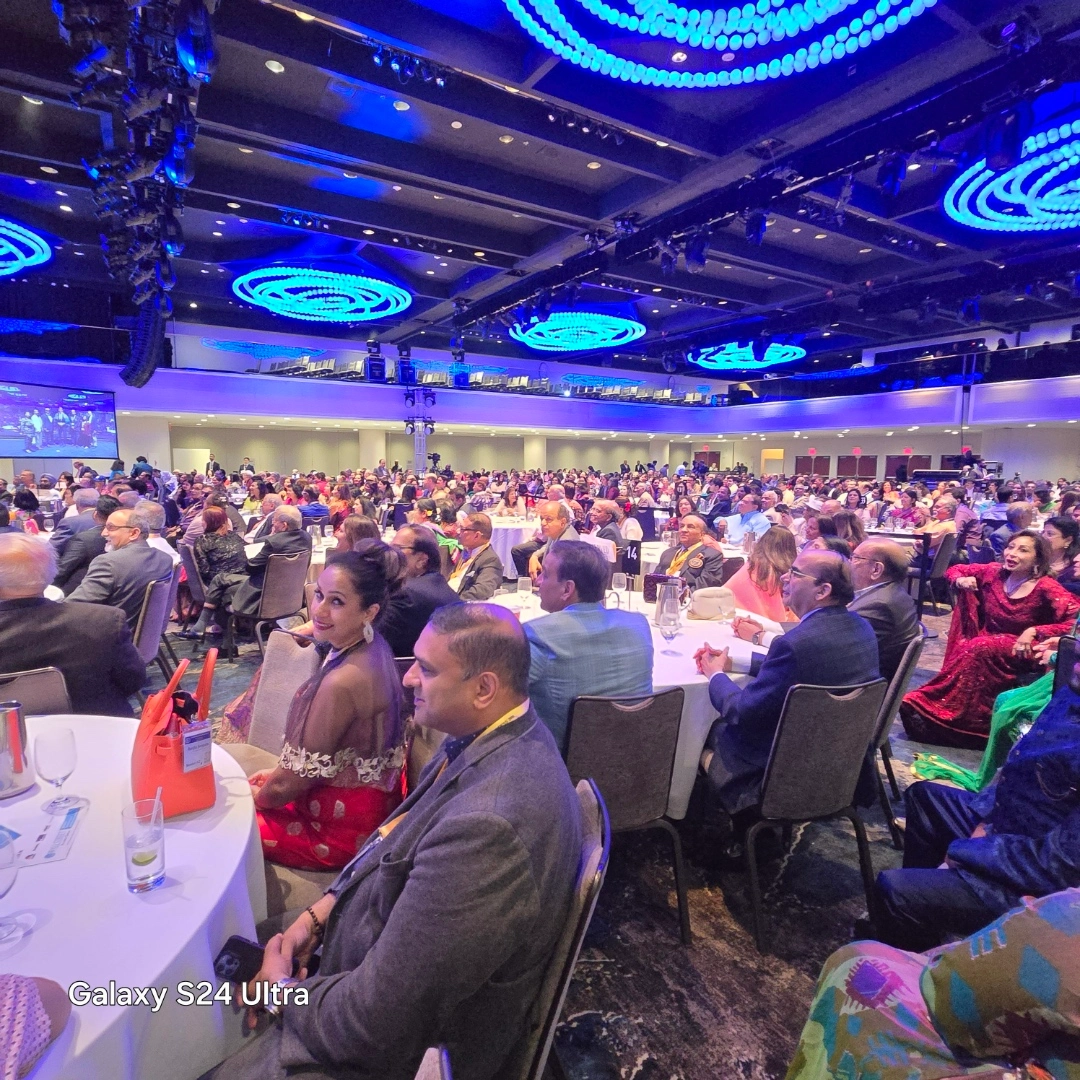The Maitri Youth Convention in Cupertino highlighted the importance of mental health awareness among youth, featuring discussions on emotional well-being and community support.
CUPERTINO, CA – On February 8, youth leaders, mental health professionals, and families convened at the Cupertino Public Library for the Maitri Youth Convention, a forum dedicated to emotional well-being and mental health awareness. Hosted by Maitri, the event aimed to empower young voices and foster open discussions about the pressures impacting their lives.
The convention was inaugurated by Cupertino Councilmember Sheila Mohan, who emphasized the significance of community spaces that uplift youth. Her remarks set a positive tone for an afternoon filled with dialogue, understanding, and a collective sense of responsibility.
Keynote speaker Shalini Dayal, a licensed Marriage, Family, and Child Therapist, provided valuable insights into the distinctions between stress, anxiety, and depression. She encouraged attendees to recognize early warning signs and seek support when needed. Dayal stressed the importance of open communication within families as a means to prevent emotional buildup and nurture healthier relationships. Through interactive engagement, she equipped the audience with practical tools for emotional regulation and resilience.
Guest speaker Preet Sabharwal, a licensed clinical psychologist, addressed the unique challenges faced by South Asian youth in the United States. He discussed the complexities of balancing dual cultural identities while navigating societal and familial expectations. Sabharwal offered strategies for maintaining emotional health amidst competing pressures, highlighting that unresolved identity conflicts can exacerbate stress.
Throughout the afternoon, youth speakers shared personal stories and reflections, emphasizing the vital role of family support during challenging times. They called for an end to the stigma surrounding therapy and mental health care within the Desi community. Students candidly discussed their experiences with academic competition, relationship dynamics, and the importance of building emotional resilience.
Several speakers highlighted the influence of digital media, influencer culture, and toxic masculinity on young men’s mental health. They urged their peers to challenge harmful norms and foster a supportive environment for one another. Others focused on youth advocacy and leadership, encouraging attendees to actively participate in creating healthier school and community settings.
The program featured question-and-answer sessions, open mic talks, and peer-to-peer conversations, which organizers described as a safe and empowering space. A recurring theme throughout the event was that youth mental health is not solely an individual concern but a shared responsibility within the community.
Community partners, including Moms Demand Action and the California Women’s Hygiene Initiative, hosted resource tables, offering attendees information and connections to local support services.
The event was emceed by Amber Mishra, who facilitated discussions and introduced speakers while encouraging student participation.
Maitri is a free and confidential nonprofit organization based in the San Francisco Bay Area, primarily serving South Asian families and individuals facing domestic violence, emotional abuse, cultural alienation, or family conflict. The convention served as a vital platform for raising awareness about mental health and fostering a supportive community for youth.
According to India-West, the Maitri Youth Convention successfully highlighted the importance of mental health awareness and the need for community support among young people.

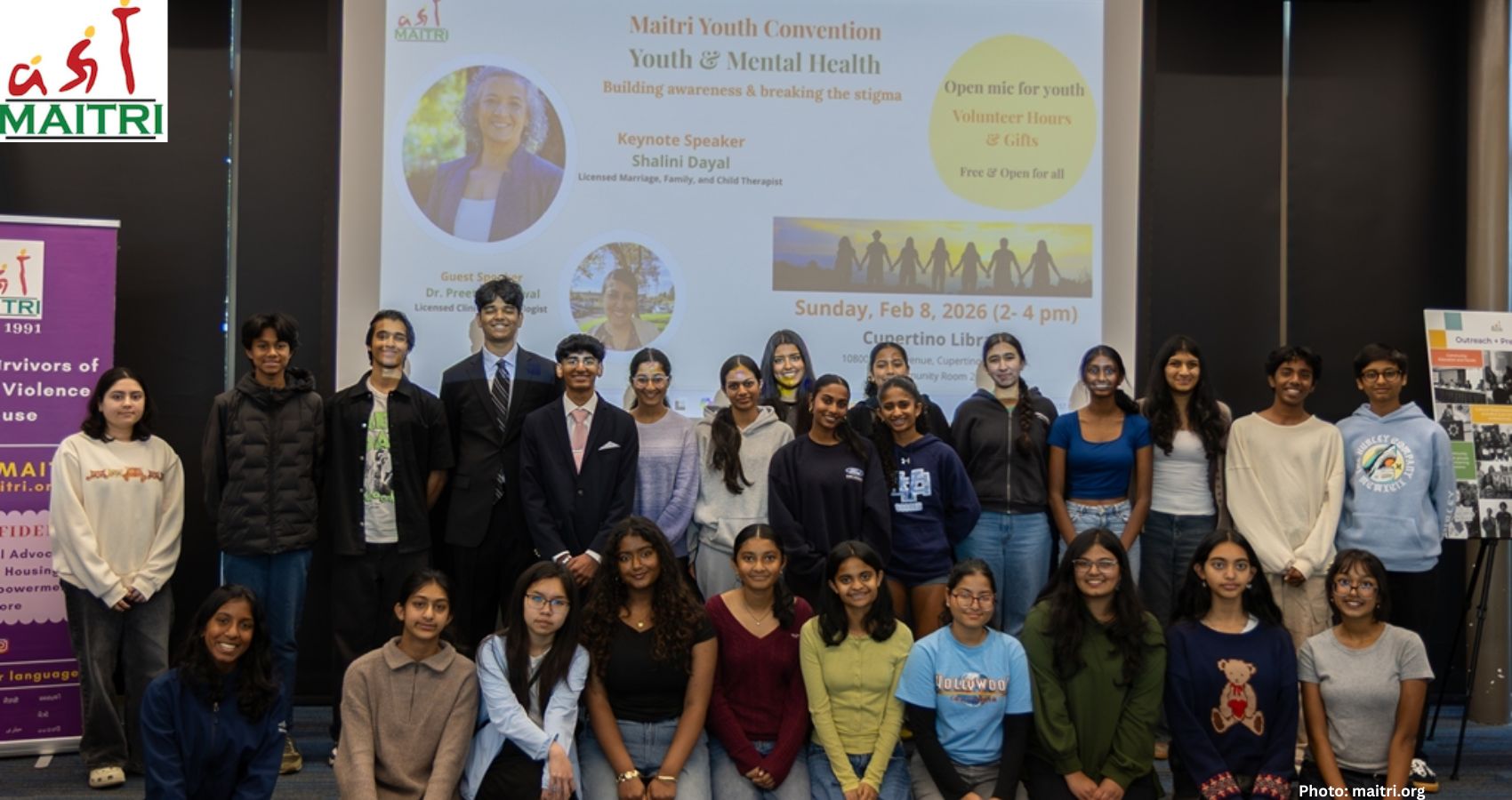




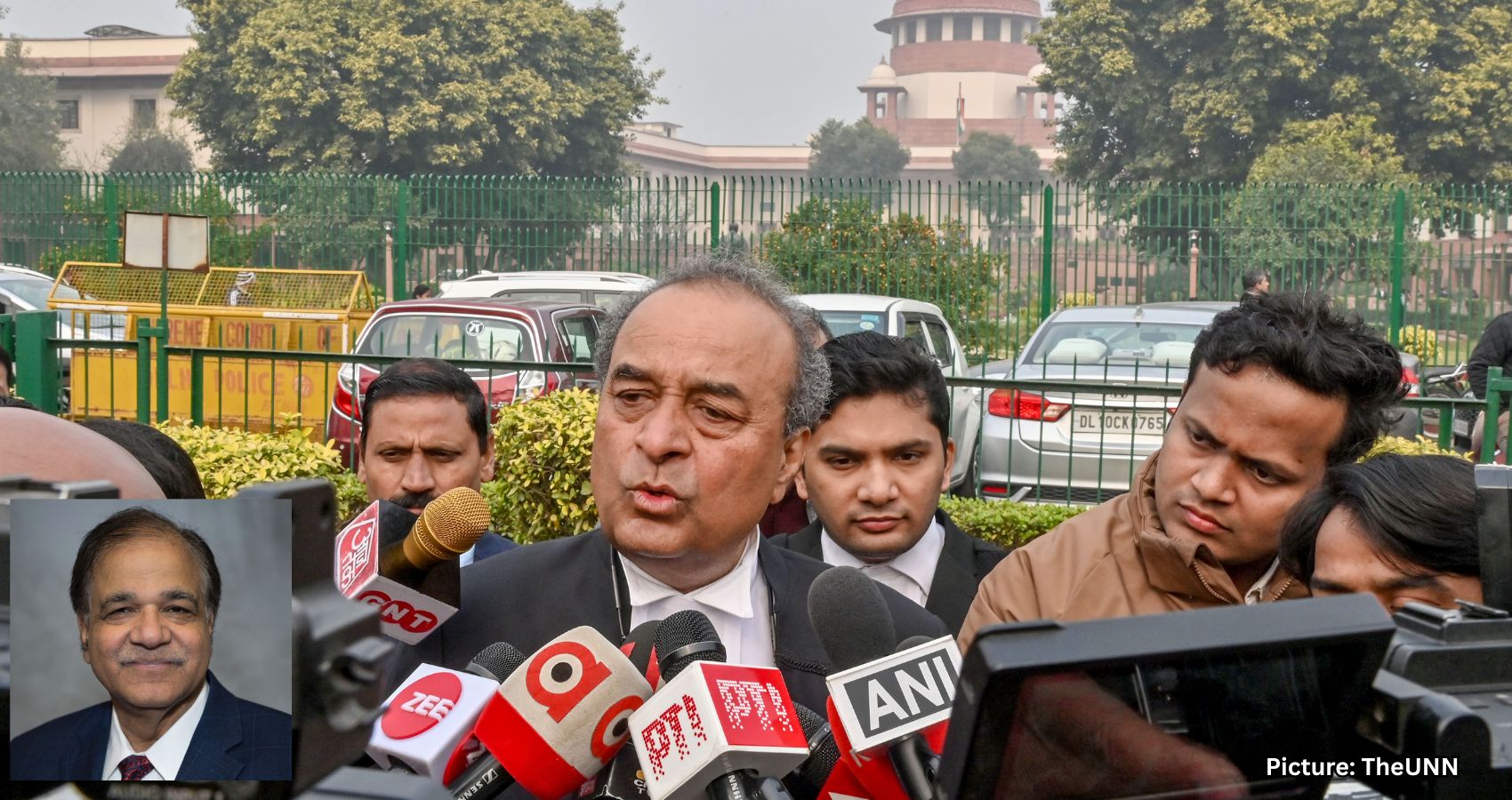






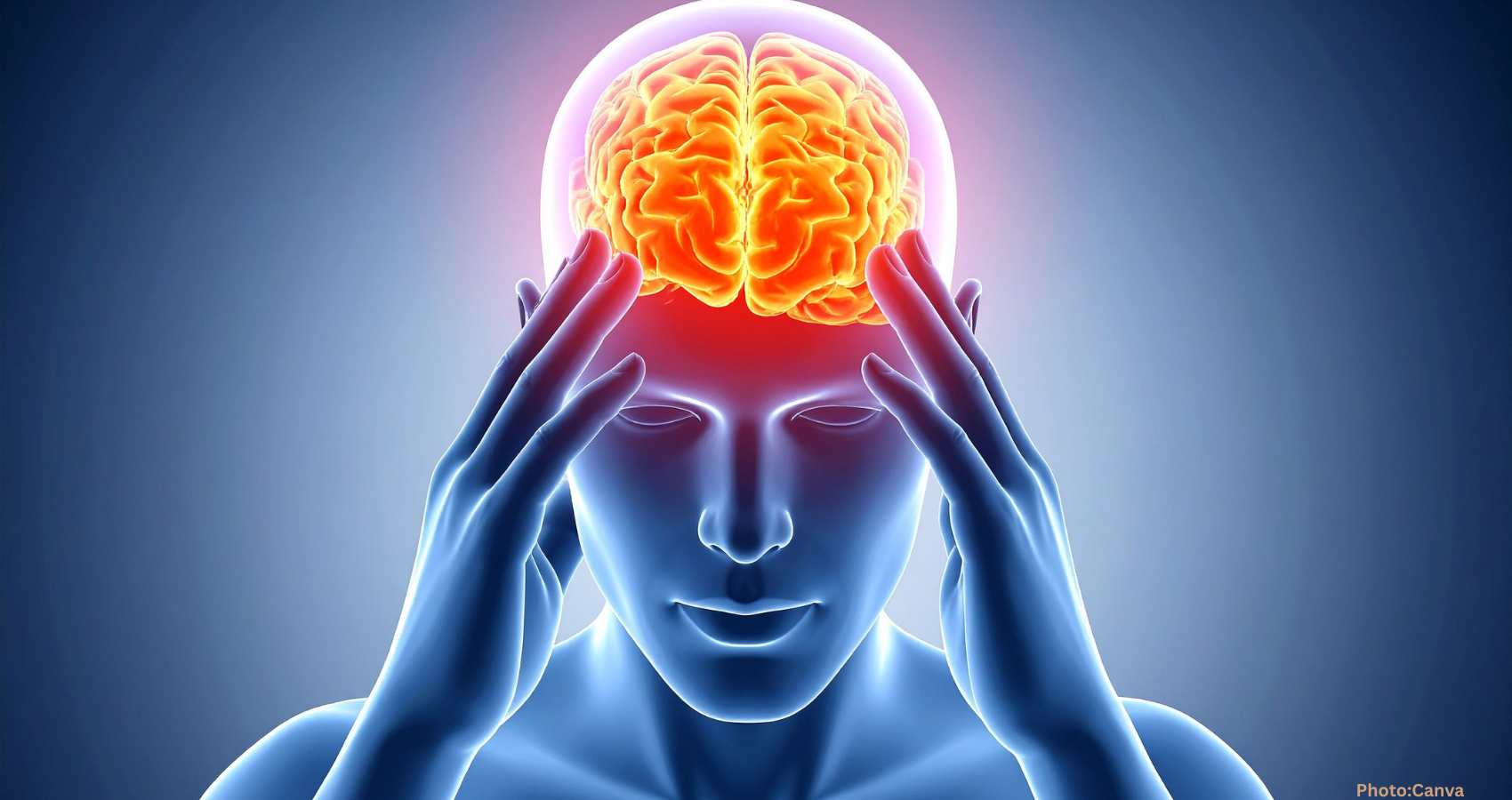










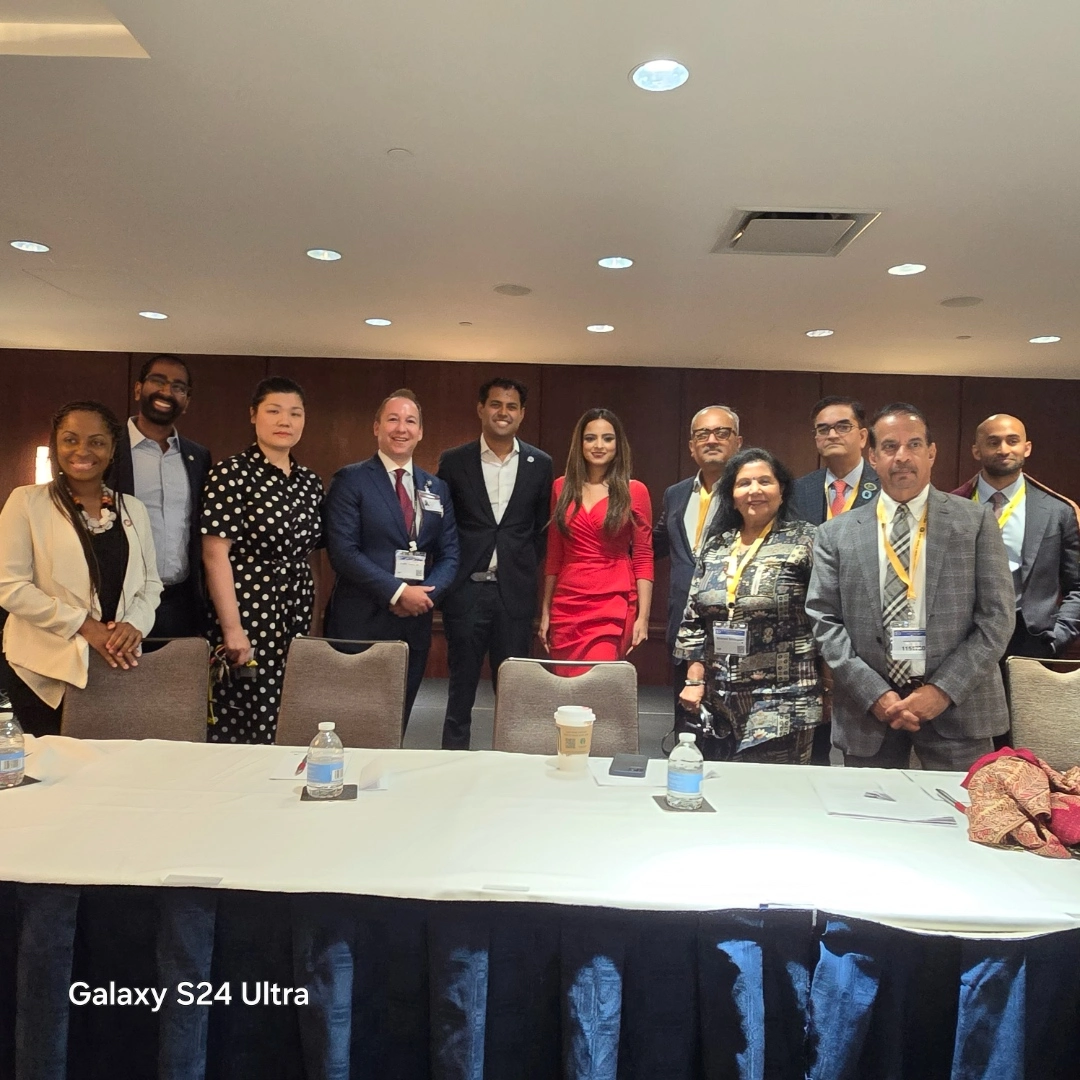 The World Health Congress, which began on July 18th with the cutting of the Ribbon by the Mayor of New York City, Eric Adams is being attended by over 1,000 physicians and has over ing80 speakers and CEOs from around the globe, provide the delegates with an unparalleled opportunity to network, learn, and explore groundbreaking advancements across healthcare disciplines.
The World Health Congress, which began on July 18th with the cutting of the Ribbon by the Mayor of New York City, Eric Adams is being attended by over 1,000 physicians and has over ing80 speakers and CEOs from around the globe, provide the delegates with an unparalleled opportunity to network, learn, and explore groundbreaking advancements across healthcare disciplines.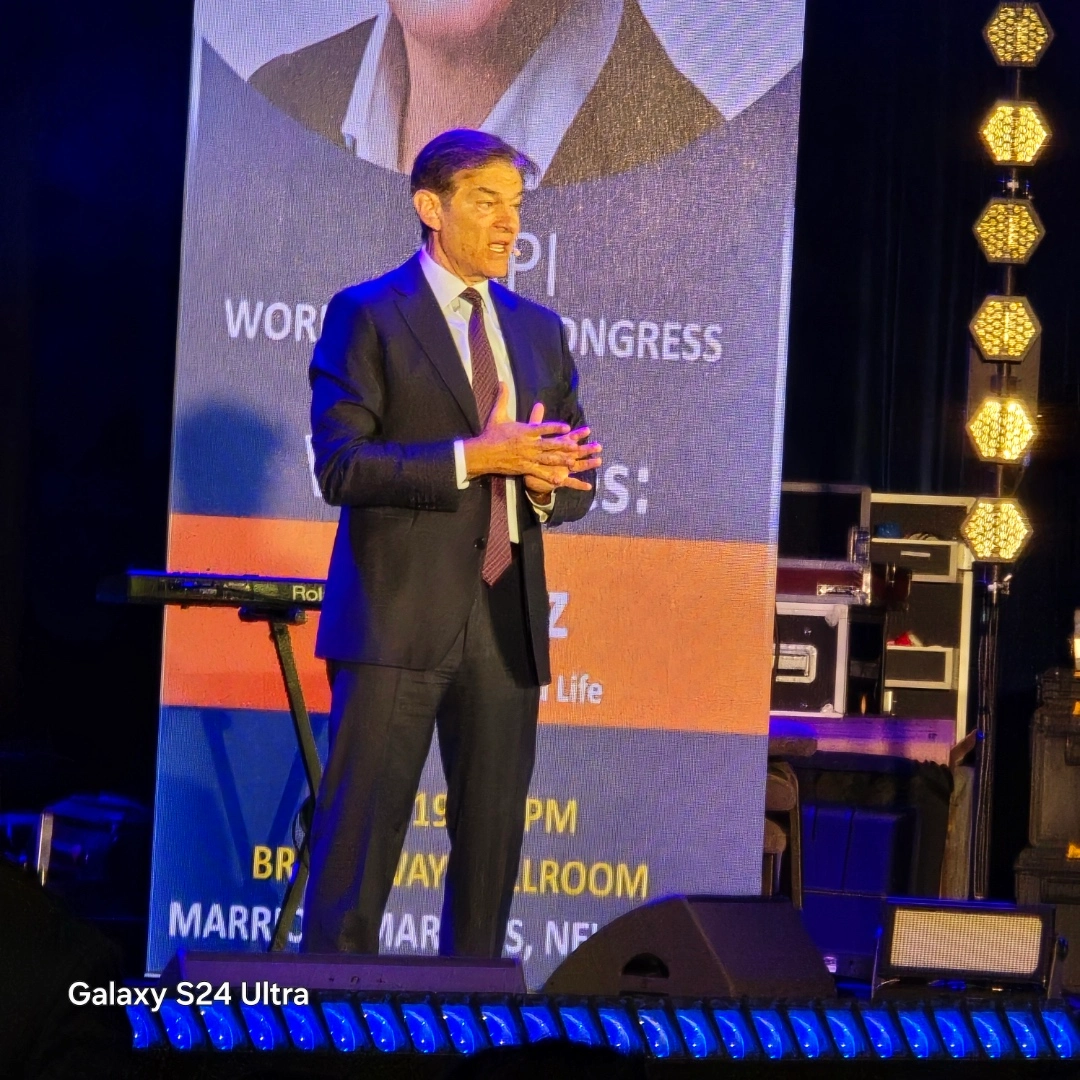 The CEO Forum was moderated by Dr. Achintya Moulick, Chair of the AAPI World Health Congress. In his opening remarks, Dr. Moulick said, “The first World Congress of AAPI signals the beginning of a new chapter for the organization which has had a significant impact on American healthcare. The goal for me as the first convention chair of the World Congress is to bring healthcare providers, entrepreneurs, financial bodies and policymakers together and create a perfect gathering of first, second and third generation physicians and other healthcare providers of Indian origin lead the way for the future of global health.”
The CEO Forum was moderated by Dr. Achintya Moulick, Chair of the AAPI World Health Congress. In his opening remarks, Dr. Moulick said, “The first World Congress of AAPI signals the beginning of a new chapter for the organization which has had a significant impact on American healthcare. The goal for me as the first convention chair of the World Congress is to bring healthcare providers, entrepreneurs, financial bodies and policymakers together and create a perfect gathering of first, second and third generation physicians and other healthcare providers of Indian origin lead the way for the future of global health.”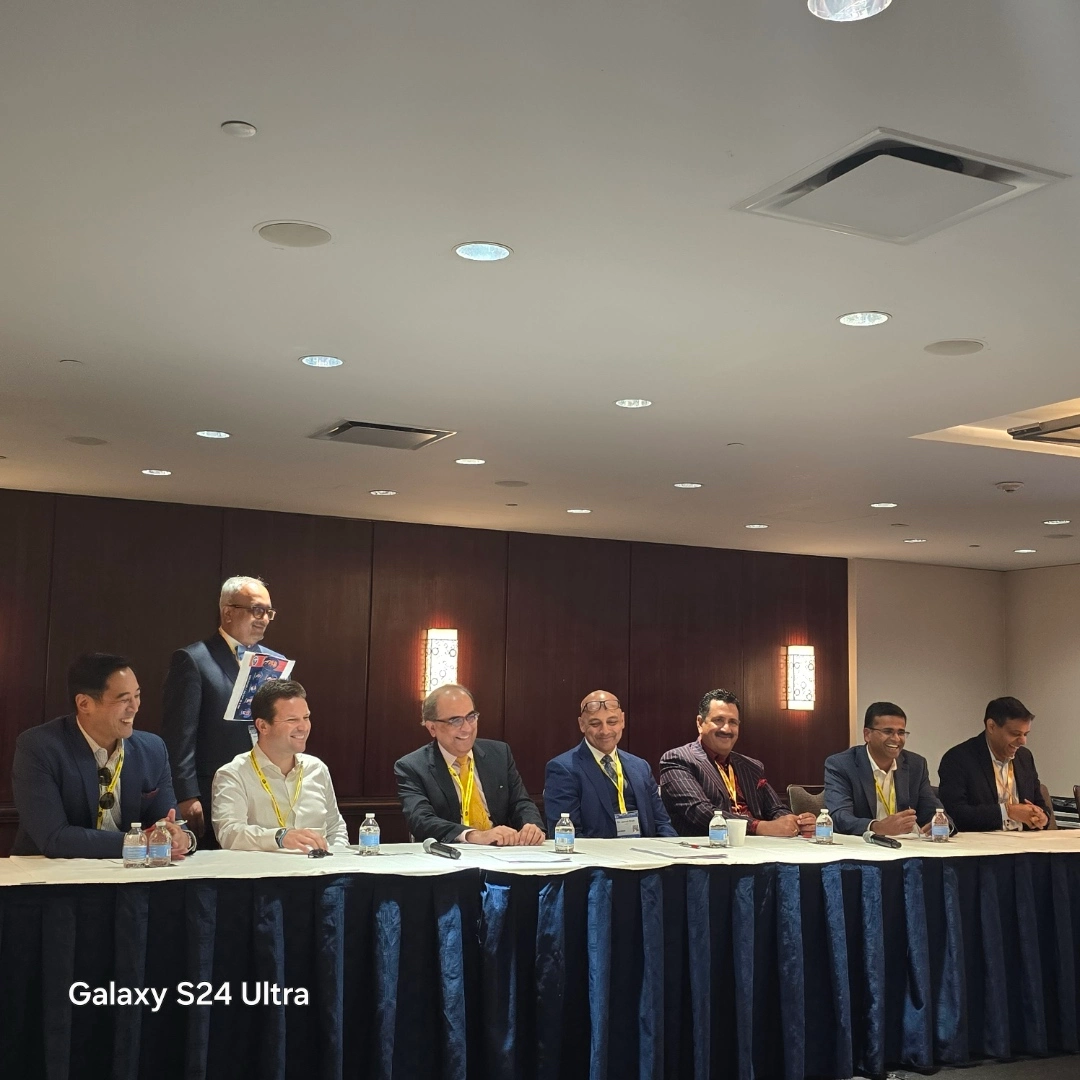 AAPI’s Legislative Day discussed the need to regulate healthcare, visa, physician-patient relationship, insurance issues and was moderated by Dr. Sumul Raval, national Secretary of AAPI. He said, “AAPI’s lobbying efforts on some of the issues affecting the broader Indian American community and other immigrant groups is also a testament to its growth and reach. Being one of the oldest Indian American organizations, it’s also among the most influential, as was evident from the lawmakers who took time out of their busy schedule to address the group.”
AAPI’s Legislative Day discussed the need to regulate healthcare, visa, physician-patient relationship, insurance issues and was moderated by Dr. Sumul Raval, national Secretary of AAPI. He said, “AAPI’s lobbying efforts on some of the issues affecting the broader Indian American community and other immigrant groups is also a testament to its growth and reach. Being one of the oldest Indian American organizations, it’s also among the most influential, as was evident from the lawmakers who took time out of their busy schedule to address the group.”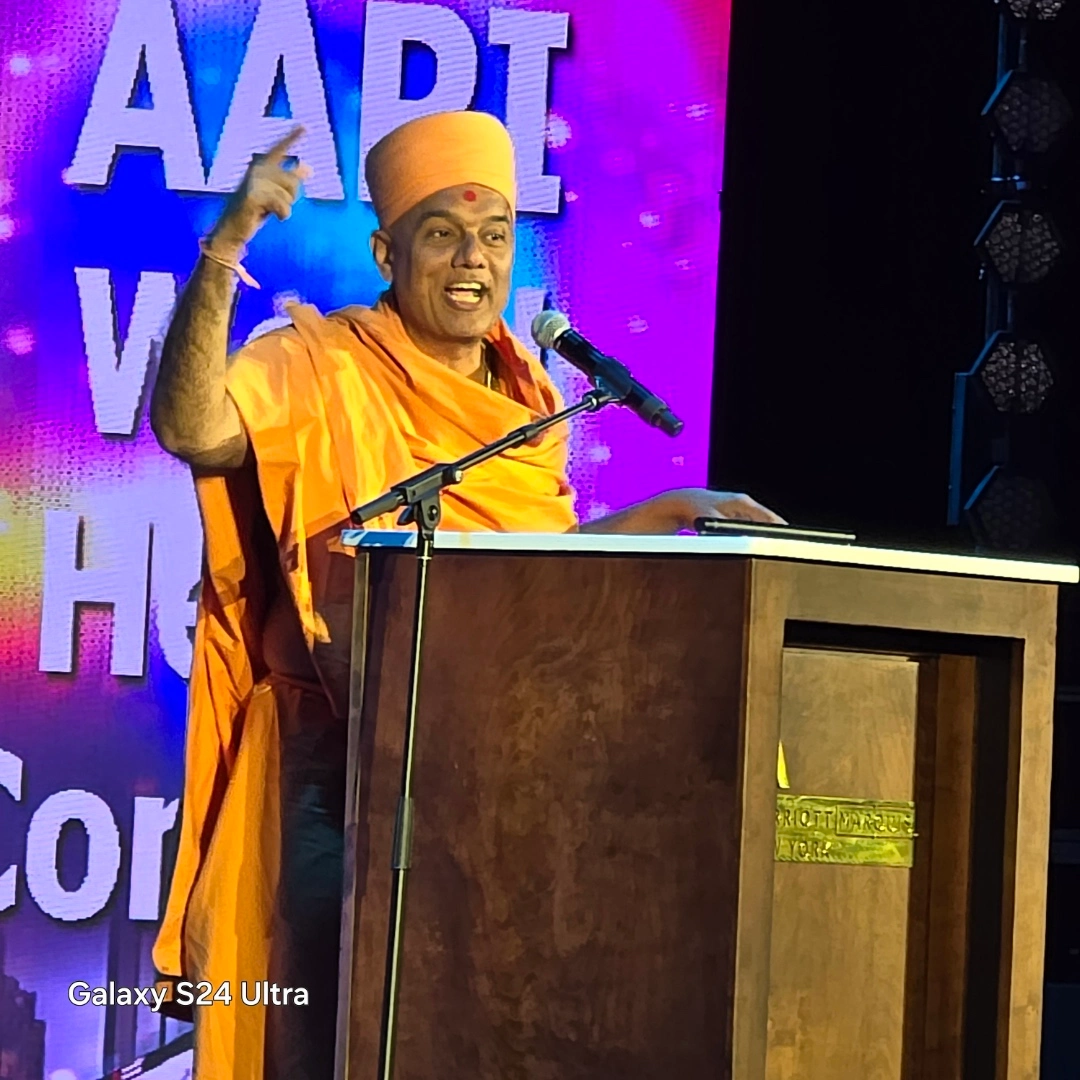 Dr. Anjana Samadder, president of AAPI said, “The growing influence of doctors of Indian heritage is evident, as increasingly physicians of Indian origin hold critical positions in the healthcare, academic, research and administrative positions across the nation. With their hard work, dedication, compassion, and skills, they have thus carved an enviable niche in the American medical community. AAPI’s role has come to be recognized as vital among members and among lawmakers.”
Dr. Anjana Samadder, president of AAPI said, “The growing influence of doctors of Indian heritage is evident, as increasingly physicians of Indian origin hold critical positions in the healthcare, academic, research and administrative positions across the nation. With their hard work, dedication, compassion, and skills, they have thus carved an enviable niche in the American medical community. AAPI’s role has come to be recognized as vital among members and among lawmakers.”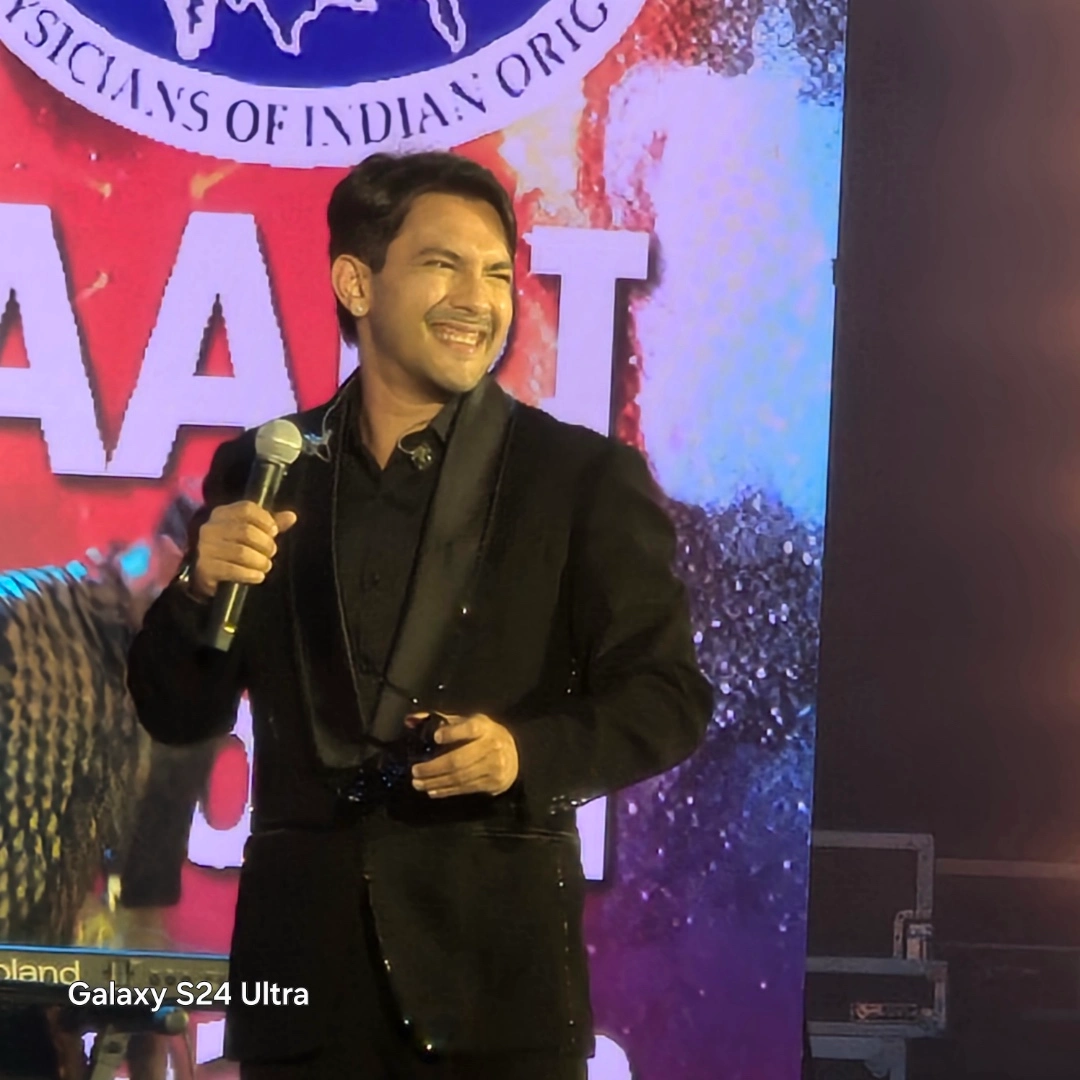 Dr. Lokesh Edara, Chair, AAPI Board of Trustees said, “The growing influence of doctors of Indian heritage is evident, as increasingly physicians of Indian origin hold critical positions in the healthcare, academic, research and administrative positions across the nation. With their hard work, dedication, compassion, and skills, they have thus carved an enviable niche in the American medical community. AAPI’s role has come to be recognized as vital among members and among lawmakers.”
Dr. Lokesh Edara, Chair, AAPI Board of Trustees said, “The growing influence of doctors of Indian heritage is evident, as increasingly physicians of Indian origin hold critical positions in the healthcare, academic, research and administrative positions across the nation. With their hard work, dedication, compassion, and skills, they have thus carved an enviable niche in the American medical community. AAPI’s role has come to be recognized as vital among members and among lawmakers.”